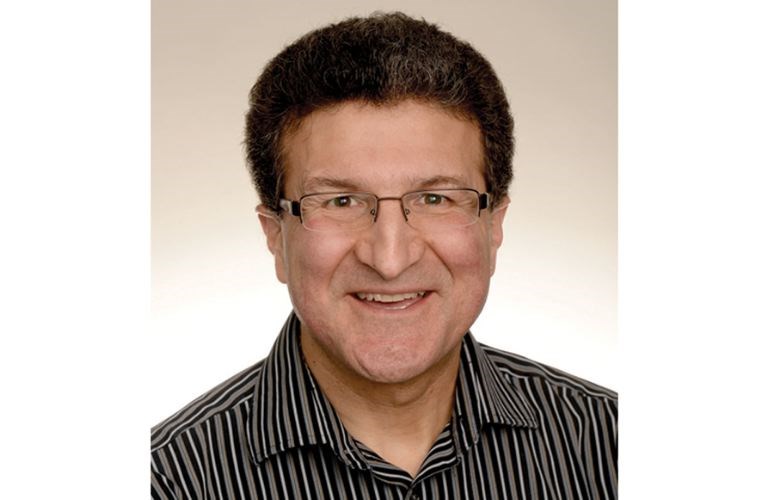Sleep is a wonderful thing.
In our society, however, I've noticed that if one sleeps during the day, it is seen in a negative light.
Once children reach a certain age, they no longer want to take naps. For many people, this continues into adulthood, and they take the attitude that others should not take naps either.
Is this attitude good for us, however?
Much of the world has nap time, or siesta, built into the structure of the day.
I lived in tropical countries that follow this practice for a few years.
I noticed that people got up very early.
This made sense, the mornings were cool, there was sunlight, and people made use of this part of the day in a very productive manner. By midday, people were tired and hungry.
They would have a bite to eat, and get out of the hot sun for a few hours. This included having a nap. After siesta time, the heat had dissipated and people got back to work several more hours, generally until sundown.
I adopted this schedule myself, and I found that it functioned very well.
Once I got used to waking up so early, I really enjoyed working through the mornings and got a lot done. As lunch time approached, I was looking forward to a break.
Siesta time was wonderful and I went back to work in the afternoon refreshed and rejuvenated. I was alert, productive and was able to work well into the evening. I loved this schedule, and physically I felt very good practicing it.
When I got back to Canada, I eliminated siesta time because it is not part of our cultural practice. By mid-afternoon, I was sluggish and tired.
I found that if I sat down, I'd be struggling to keep awake, and when I managed to stay awake, I found it difficult to focus and I was much less productive.
Research shows that in normal adults, naps are actually very beneficial.
A power nap of 30 minutes or less increases alertness and productivity.
It also helps to reduce stress, and may even prevent heart disease.
There has been a growing trend in sleep-deprived Japan where employers encourage workers to take naps. The results to this point have been very positive, and they are spawning a growing industry which facilitates the need of workers to find a quiet place to rest.
When we look at traditional practices, we often find that they are in place for good reason.
The evidence is confirming that naps are not due to laziness, boredom or lack of motivation, but that they actually promote productivity and good health.
Perhaps it is time to reduce our afternoon caffeine intake and give in to our urge to rest.
Enjoy up to 30 minutes of peaceful rest, and allow others to do the same.
If we do find that we are able to think more clearly, work more productively and improve our overall health, then we may want to build nap time into our daily schedules.



